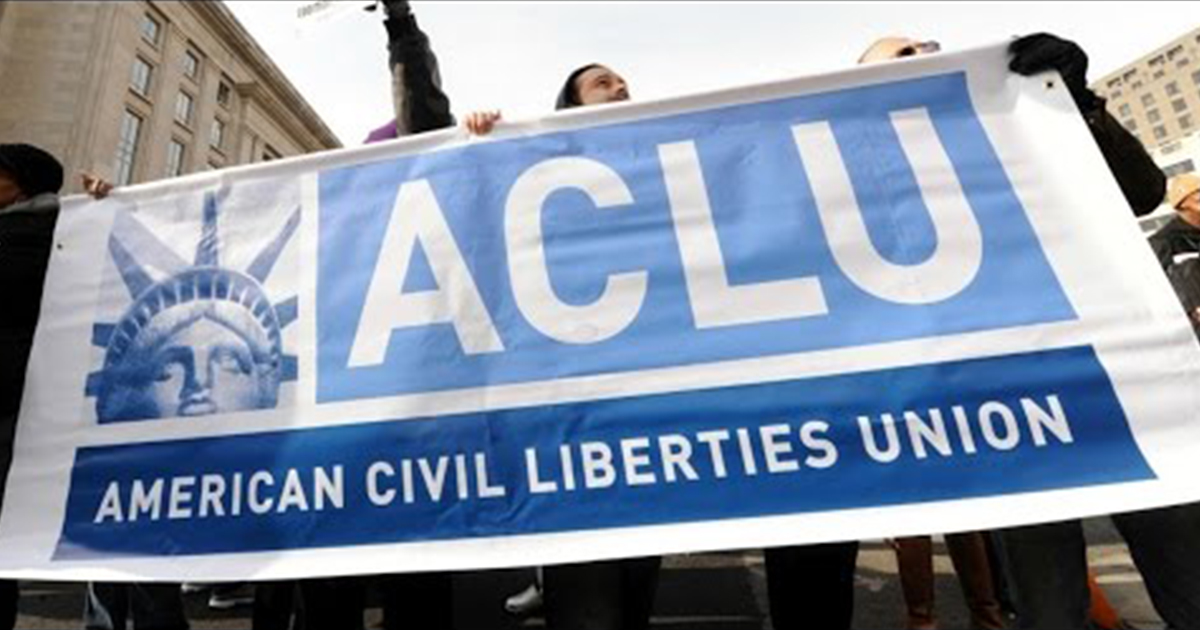According to a recent report in the British Medical Journal (BMJ), some drug companies have been keeping the results of several of their drug trials underwraps, failing to make the findings public.
The report indicated that 29 percent of completed trials remain unreleased and 78 percent of those unreleased reports have no results in the public domain whatsoever. The unpublished studies involved 250,000 people which were exposed to the risks associated with the drugs they tested “in research without the benefits to society they were led to believe would ensue,” reported The Guardian.
Christopher Jones with the Department of Emergency Medicine at Cooper Medical School of Rowan University said that the practice “violates an ethical obligation that investigators have towards study participants.”
When drug trials turn up results that reflect unfavorably on the company, or if they would provide an advantage to a competitor, the companies conducting the studies usually withhold the results to protect their business interests. There is a law that requires the companies to file all results on a federal database, but the companies largely overlook the law.
The International Committee of Medical Journal Editors (ICMJE) actually made it mandatory for many trials’ results be posted to Clinictrials.org, an international register of drug trial results. And technically, failure to do so is supposed to result in a civil fine of $10,000 for each day results aren’t posted. However, there seems to be minimal reports of any enforcement of the mandate.
A research group led by Jones examined 585 trials conducted before January 2009. The group concluded that even after five years, drug companies still failed to publish 171 studies, and the companies failed to post any results at all for 133 studies.
“Clinictrials.org is a global register and the world’s largest,” sid Sile Lane, director of the AllTrials Campaign, a group that pushes for full disclosure of drug trial results. “There’s no excuse for not publishing results but a huge public benefit to having a complete picture of what was found in trials conducted on treatments currently available to patients.”
Such a practice is a heavy disservice, not only from patients who would benefit from the information being withheld by the drug companies, but also those who participate in the studies.
“I have entered five research studies as a participant,” said cancer patient Richard Stephens, who entered the studies hoping to help others like him. “I did it for several reasons, but the one motive that runs through every one of them is my belief that by taking part in research I will help other patients in the future.”
This is not a new occurrence. The study released by the BMJ only provides specific numbers on the studies being stifled. In 2005, the New York Times reported on American Big Pharma dodging accountability on drug trials. The NYT reported that most drug makers do comply with the law mandating that companies submit their results to a registry, however, the biggest offenders just so happen to be the top three drug makers.
Merck, GlaxoSmithKline, and Pfizer are the main culprits. These companies work the system by leaving the drugs unnamed in the trials. Merck was the worst at leaving drugs unnamed 90 percent of the time.
“I would ask every researcher and every research funder out there to do all they can to make their results available,” said Stephens. “Hiding results, no matter what the reason, . . is a betrayal of our trust.”
Josh is a writer and researcher with Ring of Fire. Follow him on Twitter @dnJdeli.


